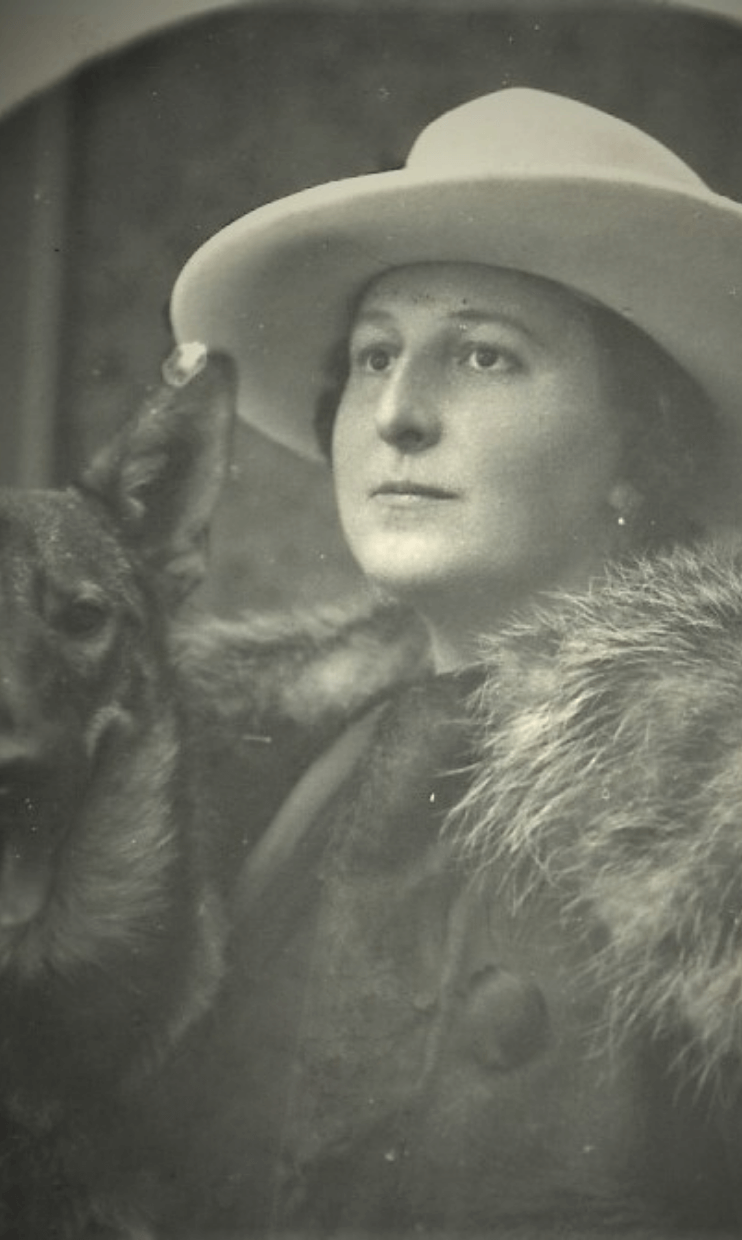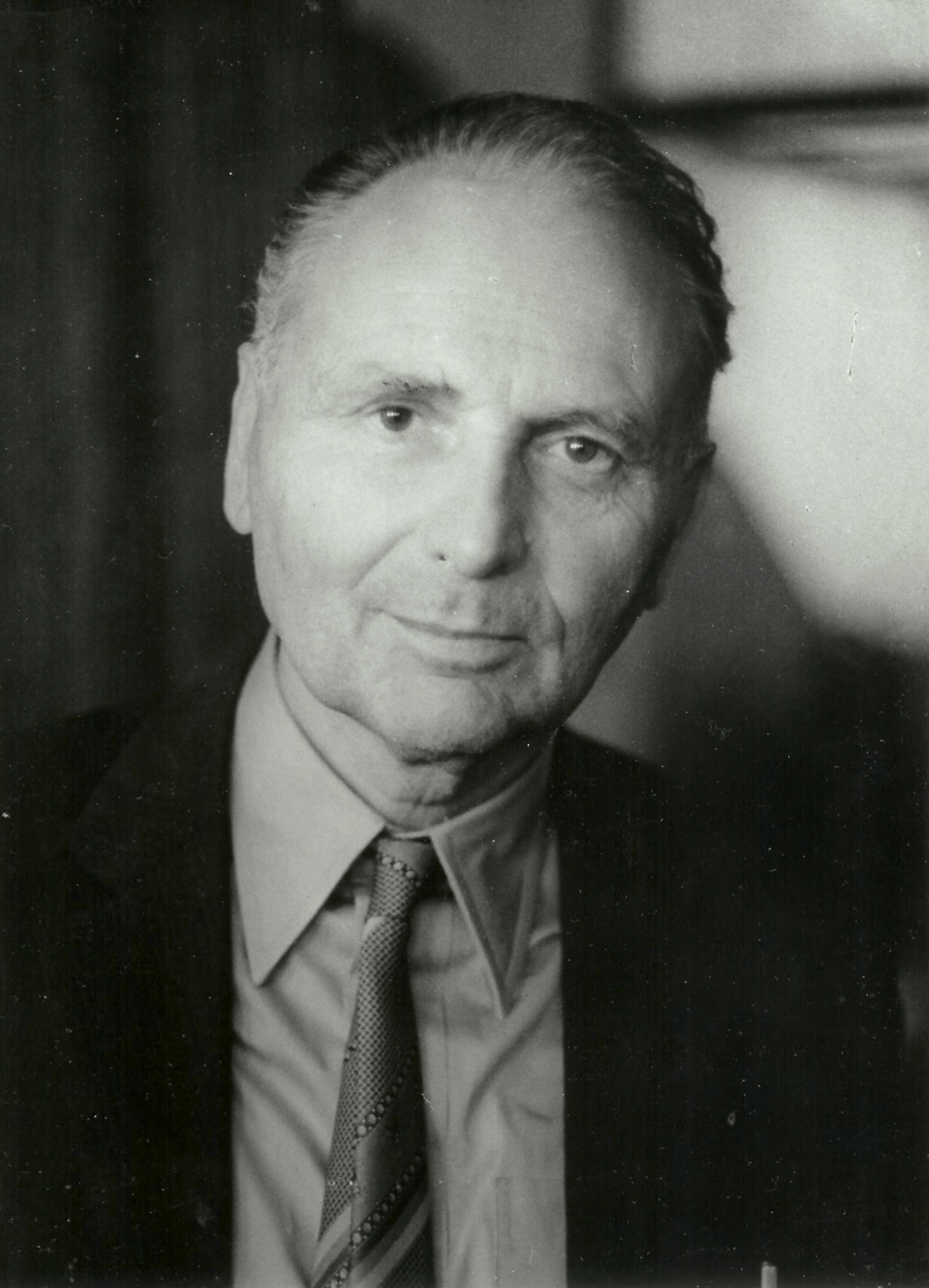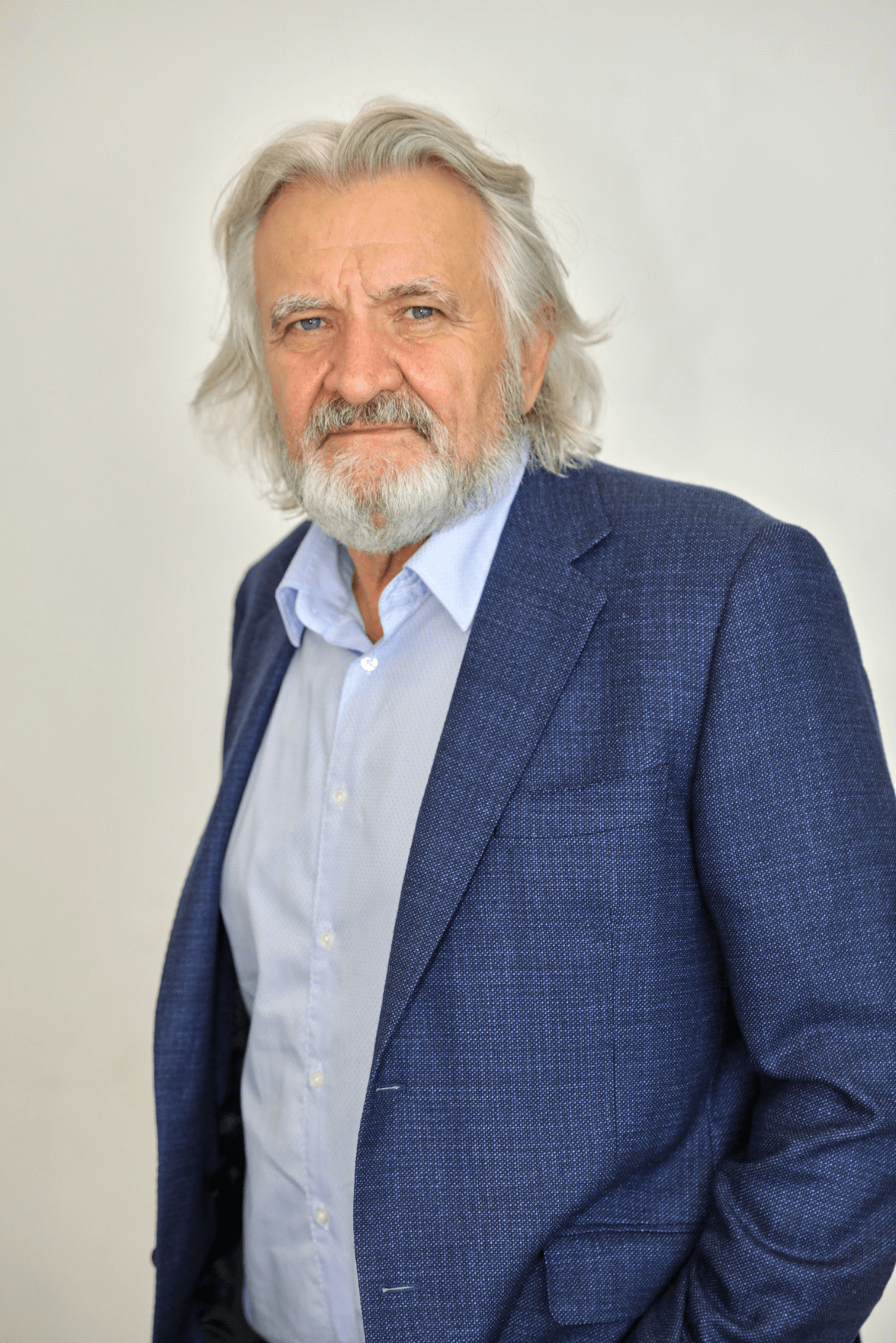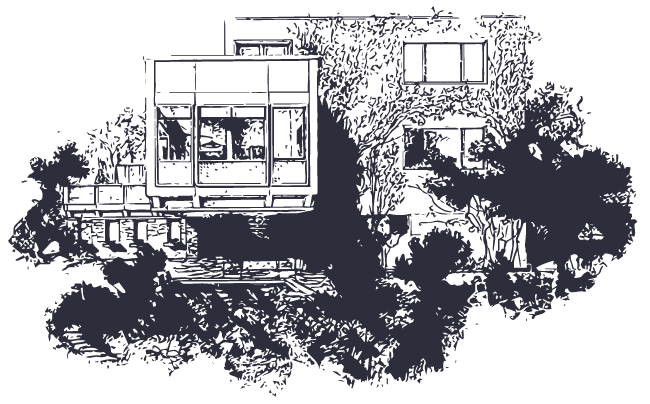Residents and owners
/ 1935–1942 /
Baťa, a.s.
The history of the Zikmund Villa is closely connected with the history of Zlín. When the city became the seat of the district office, it was obliged to provide official accommodation for the newly arrived governor. The mayor of Zlín at that time was the highest-ranking Baťa director, Dominik Čipera. Thanks to this connection, a small part of the city’s finances was also managed by Baťa’s support fund – an independent legal entity that was founded by T & A Baťa (later Baťa a. s.) in 1928. It was this fund that took on the task of preparing the accommodation for the governor. The acquisition, management, and leasing of movable and immovable property was part of the work of this institution, as well as the operation of various trade licences and care for the standard of living of Baťa employees. The fund obtained money for its activities from several sources. These were primarily donations from Baťa, drawing rent from Baťa dormitories and houses, income from the Velké cinema, revenues from forestry and agriculture, as well as collected fines. The fund ceased to exist in June 1960.

/ 1935–1953 /
Josef and Marie Januštík
Januštík and his wife are prominent personalities in the history of the Zlín region. After completing his law studies in Vienna, Josef embarked on a career as an official. This led him to Uherské Hradiště, where he gradually worked his way up to the post of district governor and received the title of government councillor. During World War I, Hradiště became a quarantine centre for refugees and wounded soldiers. The temporary infirmary was managed by Marie Klossová (daughter of Reich deputy Ignát Hořica and National Theatre actress Marie Laudová-Hořicová), whom Josef had known in his earlier years. In 1920, after the divorce of Mrs. Klossová, Josef and Marie got married. The marriage was childless. (Marie, however, had a son, Elmar, from her first union with Rudolf Kloss.) For his exemplary handling of the refugee situation, Josef was awarded the War Cross for Civic Merit, 2nd class. The abilities of the governor of Hradiště did not escape the attention of Tomáš and Jan Antonín Baťa and leading representatives of the country. This is also why, when the independent Zlín district was announced, he was chosen to take over the leadership of this office as the first governor of Zlín on 1st October 1935.
From Baťa’s support fund, JUDr. Januštík got free use of a newly built house in Nivy (the future Zikmund Villa), where he moved with his wife Marie. Marie primarily devoted her time to scouting, the development of which she strongly influenced in the Moravian-Silesian region. The Januštíks had to leave Zlín, and thus the villa, in 1953 under pressure from the Communist Party. They moved to Sobědruhy near Teplice and subsequently to their son Elmar’s home in Prague. The regime considered him problematic, so Josef Januštík was denied a pension and only after a series of appeals and court proceedings was he granted a paltry monthly pension of CZK 350. These events took their toll on the governor’s poor health and induced his early death. The Januštíks are buried together with their son Elmar in the family tomb in Vyšehrad. Their work made a significant contribution to the development of the Zlín region.
Josef Januštík
*16. 9./1880, Spytinov – today Spytihněv, † 8/3/1963, Prague
district governor in Uherské Hradiště, first governor of the Zlín district, government council
Marie Januštíková
*28. 2. 1886, Pilsen, † 15. 7. 1975, Prague
economic director of the military hospital in Uh. Hradiště, scout chieftaincy of Moravia-Silesia


/ 1942–1953 /
Elmar Klos
Elmar Kloss had been fascinated by the world of film since childhood (which he spent in Uherské Hradiště). He collaborated with Vlasta Burian on the creation of the first scripts for silent comedies at the age of sixteen. In order to finish high school and then study law, he moved to Prague, where his grandmother, actress Marie Laudová, introduced him to screenwriter Skružný. At the age of twenty-four, he moved to Zlín to work for Baťa. He became a dramaturg at the Velké cinema, making extra money by writing scripts for Baťa commercials. He proved himself there, so they chose him to be part of a team tasked with building a local film studio. Kloss spent eleven years in Zlín and was responsible, among other things, for the arrival of Karel Zeman and Hermína Týrlová. This was followed by departure to Prague and work at Barrandov, participating in the nationalization of Czechoslovak film. Of Kloss’s work, which was often created in tandem with Ján Kadár, the most frequently mentioned film is Obchod na korze (The Shop on Main Street), which was awarded an Oscar in 1966. However, Kloss’s varied work also includes, for example, the films Hudba z Marsu (Music from Mars), Smrt si ríká Engelchen (Death is Called Engelchen), Tři přání (Three Wishes), and dozens of others. Kloss’s pedagogical activity was also significant. Elmar Kloss bought the Nivy villa from the Baťa support fund in February 1942. He let his mother, Marie, and stepfather, Josef Januštík, continue to use the house. In 1953, when his parents had to leave Zlín, Elmar got in contact with traveller Miroslav Zikmund through filmmaker Jaroslav Novotný. He sold the house and the large garden to Zikmund the same year.
Elmar Klos
*26. 1. 1910, Brno, † 19. 7. 1993, Prague

/ 1953–2020 /
Miroslav Zikmund
A native of Pilsen, Miroslav Zikmund is one of the most famous Czechoslovak travellers. After graduating from high school in Pilsen and then the Business School in Prague, on 22nd April 1947, he set out with his university classmate and future lifelong companion, Jiří Hanzelka, on an expedition that had been nine years in the making. As commercial engineers, they wanted to restore business contacts broken by the war, sell Czechoslovak products, and at the same time get to know the world. The plan was to drive a Tatra 87 across five continents. Due to a change in circumstances, they only managed Africa and South America. The expedition lasted 3.5 years, and at the end of it, they had concluded millions of dollars-worth of contracts, as well as produced hundreds of radio reports, full-length and short films, and the bestselling book Africa: the Dream and the Reality. Zikmund and Hanzelka became well-known personalities. Due to the editing of the aforementioned films, the pair moved to Zlín in 1952–53, where they finally decided to stay.
Miroslav Zikmund bought a functionalist villa in Nivy from director Elmar Kloss, and Jiří Hanzelka bought a plot of land next to it. For the first year, they lived in Zikmund’s villa together with their new wives (Miroslav Zikmund married opera singer Eva Mašková in 1953, with whom he had a son, Miroslav. The marriage ended in divorce in 1972). Zikmund had his villa renovated to better suit the demands of his work. On 22nd April 1959, the travellers embarked on a second expedition, this time lasting five years, through the Middle East, Asia, Indonesia, Japan, and the Asian part of the then Soviet Union
The team, including a technician and a doctor, travelled in two Tatra 805 cars. The purpose of the expedition was to prepare reports on the state of selected economies for the Czechoslovak Academy of Sciences. Today, Special Report No. 4 on the Soviet Union is best known, but it caused the H+Z duo to fall out of favour with the communist regime. Until the Velvet Revolution, Zikmund and Hanzelka could not travel, publish books, or make public appearances. Miroslav Zikmund used this period to organise his famous archive and to search for his ancestors in genealogy. In 1989, he became the face of the Zlín civic forum and again began to travel beyond the borders of the republic. From the eighties, Miroslav was supported by his life partner, Marie Macalíková, with whom he lived in Zlín until the last chapter of his life, which ended in a Prague hospital on 1st December 2021. Respects can be paid to the memory of Miroslav Zikmund at the Forest Cemetery in Zlín.
Miroslav Zikmund
*14. 2. 1919, Pilsen, † 1. 12. 2021, Prague

/ 2020 – dosud /
Čestmír Vančura
The current owner of the house in Nivy as well as the founder of the Zikmund Villa Endowment Fund is Zlín businessperson Ing. Čestmír Vančura. He graduated from the Secondary Technical School of Construction in Valašské Meziříčí, then majored in engineering technology at the Mechanical Engineering Faculty of the Brno University of Technology. In 1992, together with his partners, he founded Kovárna VIVA in Zlín, which in 25 years became a prosperous industrial company with billions in turnover and more than 500 employees. Today, he holds the position of chairperson of the supervisory board and is still a co-owner of the company. He is also chairperson of the Kovárny Endowment Fund established to support education, the history of craft and industry, visual arts and charitable activities. He is also a member of the scientific council of Tomáš Bata University in Zlín and chairperson of the board of directors of the public benefit company Zlínský zámek, which he co-founded. Since 2014, he has been president of the Zlín Film Festival – an international film festival for children and young people. He is president of the Zlín Creative Cluster and chairs the Association of Entrepreneurs in the Baťa area. In 2018, he won the Czech Television Award for his entrepreneurial contribution to culture and art. In the same year, he also received the EY Entrepreneur of the Year award in the Zlín region. In 2020, Miroslav Zikmund approached Čestmír Vančura with a direct offer to buy his villa. After consideration, Vančura accepted this offer and the commitment associated with it.
Čestmír Vančura
*23. 12. 1953, Prostřední Bečva

